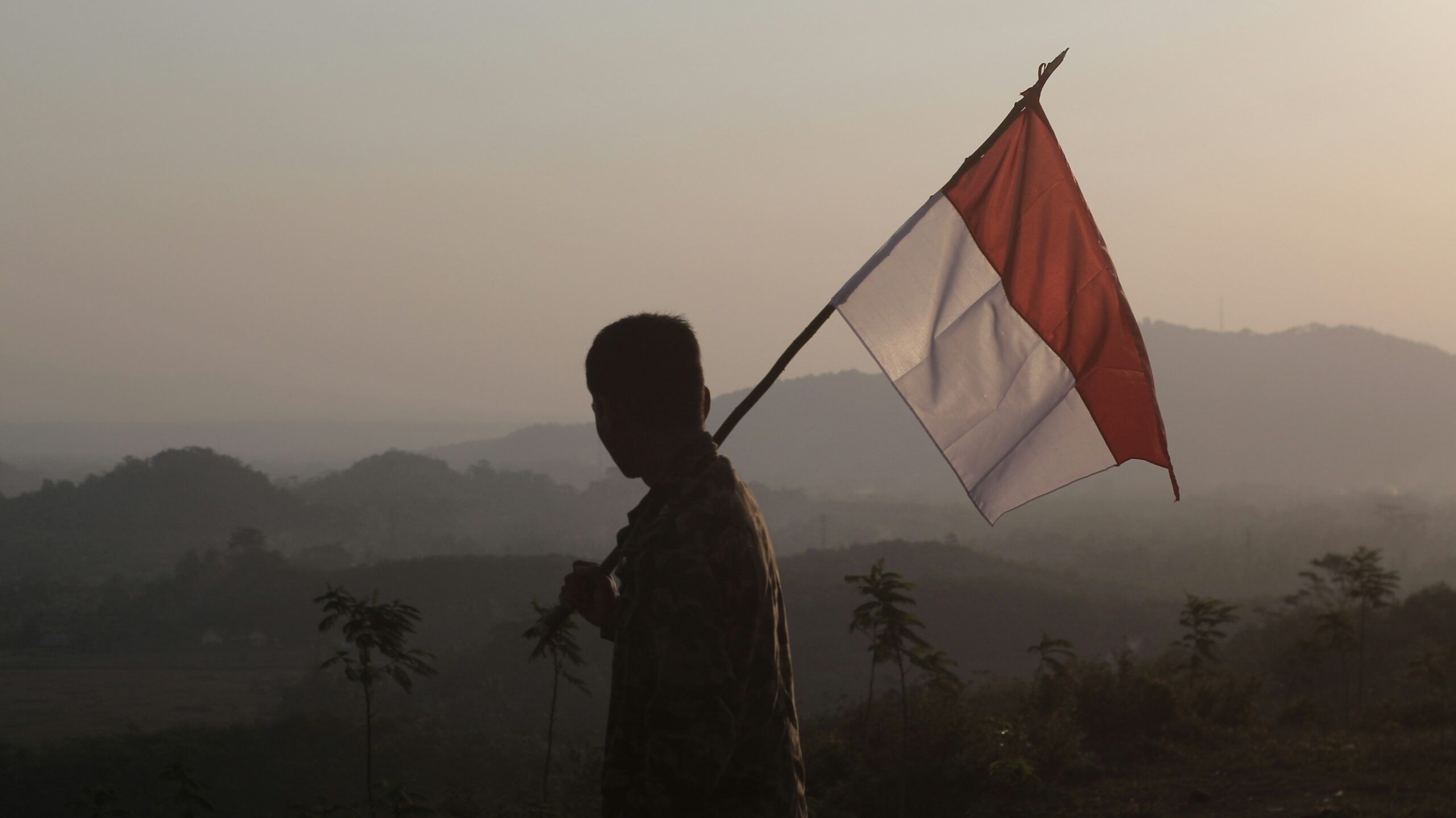
A recent documentary series has reignited discussions about the Netherlands’ controversial portrayal of its colonial past in Indonesia, focusing on the period from 1945 to 1949, when the Dutch government launched extensive military operations under the guise of ‘police actions’. This series, which delves into the depths of historical manipulation, explores how the narrative crafted by the Dutch has influenced perceptions of their colonial endeavors for decades.
Key Facts
- The series titled ‘Indonesia: Selling a Colonial War’ examines the Dutch narrative of the Indonesian War of Independence.
- Originally framed as ‘police actions’, these were in fact major military operations initiated in response to Indonesia’s declaration of independence in August 1945.
- The Dutch government’s efforts included propaganda, selective media coverage, and historical omissions.
- International pressures eventually compelled the Netherlands to cease its military actions and recognize Indonesian sovereignty.
Background
Following World War II, as decolonization movements gained momentum worldwide, Indonesia declared its independence from Dutch rule. The subsequent conflict, often downplayed in Dutch historical accounts, involved significant violence and was a pivotal moment in Indonesia’s struggle for sovereignty. The Dutch government’s portrayal of these events as mere ‘police actions’ aimed at restoring order in the Dutch East Indies marks a significant attempt to control the narrative.
Impact of Propaganda
The series highlights how the Dutch used propaganda to shape public opinion and historical memory within the Netherlands. By controlling media coverage and omitting key facts, the government was able to maintain a narrative that minimized the scale and implications of its actions in Indonesia. This manipulation of history has had long-lasting effects on how these events are remembered and discussed in Dutch society.
International Reactions and Pressure
The international community played a crucial role in shaping the course of the conflict. Global pressure, particularly from newly independent countries and international organizations, forced the Dutch government to reassess its stance and eventually led to the formal recognition of Indonesia’s independence. This aspect of the conflict underscores the influence of international dynamics on colonial powers during the post-war period.
What’s Next?
The revelations from this series have sparked a broader debate about the need for a reevaluation of historical narratives in former colonial powers. As the Netherlands confronts its colonial past, there is a growing call for transparency and a more accurate representation of history. This case highlights the ongoing global challenge of addressing historical injustices and the manipulation of historical facts by those in power.


